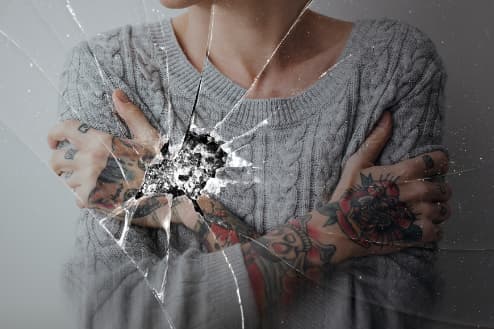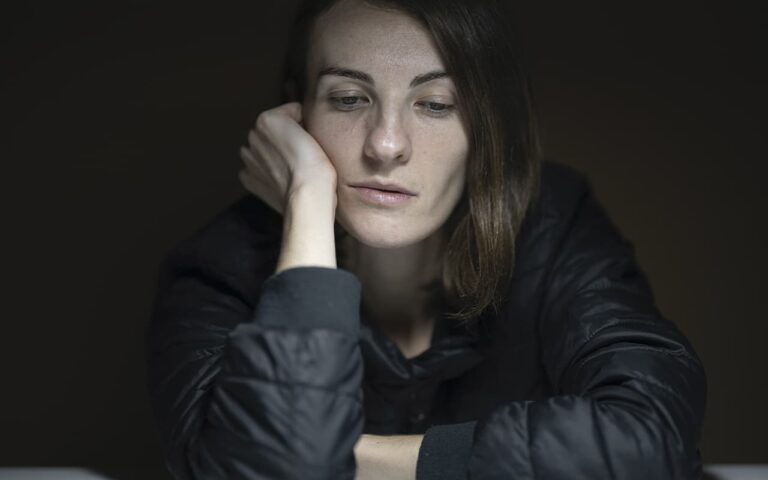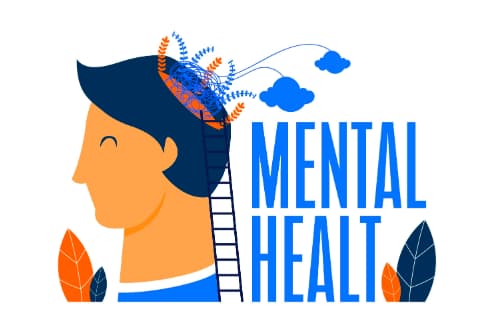Neuroses and psychoses are diagnosed by psychiatrists; if a mental disorder is suspected, psychotherapists refer clients for counseling. The final diagnosis is based on the results of pathopsychological examination; to exclude somatic pathologies, specialized specialists are involved – neurologists, cardiologists, endocrinologists.
Diagnosis of mental disorders
Early recognition of mental disorders is difficult because of the diversity of manifestations and the presence of common symptoms in different diagnoses. Standard tests and questionnaires are used for preliminary diagnosis and screening of mental disorders in adults and adolescents, while projective techniques are used with children.
Differential diagnosis of psychiatric disorders is carried out in the course of pathopsychological examination: the nature, strength and frequency of symptoms are specified, neurophysiological tests are carried out to detect organic brain dysfunction. To exclude somatic pathology may require hardware and laboratory tests – MRI of the brain, ECG, tests for basic biochemical indicators and hormone levels.
Treatment of mental disorders
Effective treatment of mental disorders is based on a combination of medication, physiotherapy and psychotherapy; regular sessions with a psychotherapist are sufficient for moderate neurotic reactions. Psychotherapeutic methods of treating mental disorders are aimed at reducing stress and discomfort, smoothing out character accentuations and improving social functioning.
Highly effective is the cognitive-behavioral method, which is based on identifying and overcoming destructive attitudes, resolving internal conflicts and developing constructive behavioral strategies. Art therapy, psychodrama and Gestalt therapy techniques are used to work with unconscious emotions and experiences; group psychotherapy is indicated for communication problems.
If symptoms indicate the development of psychosis, lead to obvious maladaptation or cause severe discomfort to the patient, medication correction is indicated. Depending on the clinical picture of the disorder and the patient’s state of health, the scheme includes tranquilizers, sedatives, neuroleptics, antidepressants, vitamins, nootropics and adaptogens.







